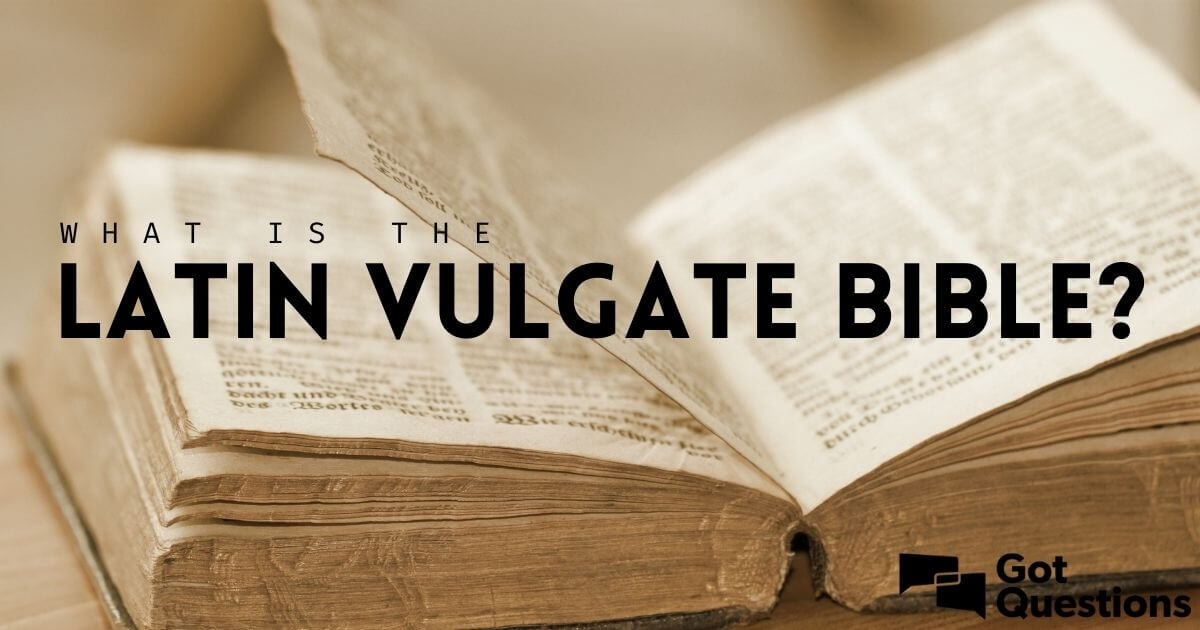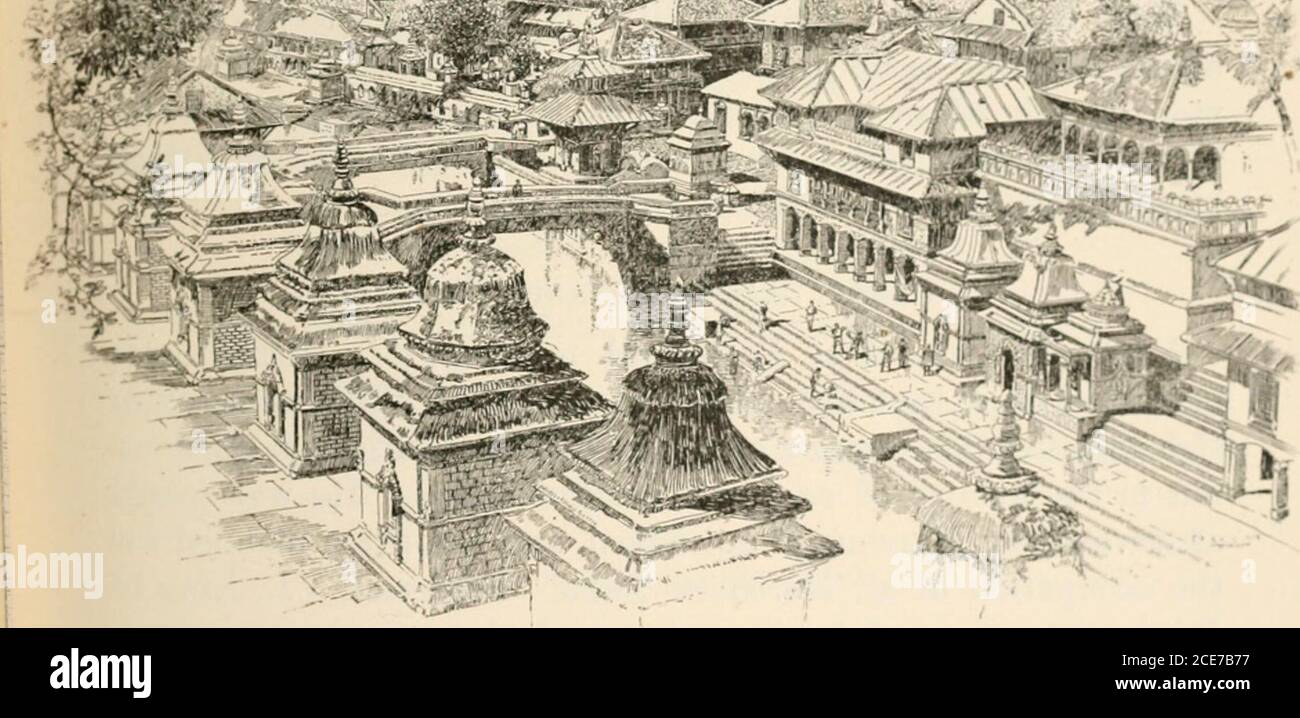

The Percival Bible or Jaffna Bible, formally the Tentative Union Version of the Tamil Bible, was published in 1850 by the American Mission Press from Madras. Peter Percival ( 24 July 1793 – 11 July 1882) and the Percival Bible The nature of heritage histories is such that an article we have written on this subject of Navalar is being questioned as made up from fiction (in a case of projection) so it has become necessary for us to retell that story with precise references. But it is heritage history that is emotional.

These mythical histories cannot be questioned because those who do, do so at their own peril and are accused of attacking the Hindu religion when the debate is really about recent history. The history of Arumuka Navalar has been commandeered to service Saiva Vellala egos so much that little of it can be believed. In conclusion therefore we take up Tamil attitudes to history. Since I pointed out the presence of other full previous translations, Christian Today has maintained an embarrassed silence while the Hindu has graciously published a correction. This latter myth is so fully swallowed that even Christian Today and the Madras Hindu have repeated these untruthful claims as fact. It is also taught in schools, that he translated the first Tamil Bible for Percival. It is further untruthfully claimed that Percival learnt his Tamil from Navalar. Peter Percival, particularly in revising an existing translation of the Tamil Bible, for the Saiva revivalist from Jaffna Arumuka Navalar. In this paper we discuss the claiming of much the accomplishments of the Methodist (later Anglo-Catholic) Missionary and Tamil scholar, The Rev.


Thamotharampillai, one of the greatest Tamil scholars, despite whose baptismal records, Tamil school readers teach that he was a Hindu who pretended to be a Christian for privileges – and our children had to sit through this at Christian mission schools as if in a Nazi classroom! A case in point is that of our ancestor Rao Bahadur C.W. Thus anything good in Tamil must have Saivite inspiration. As we Tamils rightly accuse the Sinhalese of Sri Lanka of rewriting history and school texts to cast Tamils as invaders and the Sinhalese as settlers, it is good to ask if we Tamils too do not exhibit similar tendencies: particularly the idea that Tamil and Saivism are indivisible. Many Tamils demanding that Sri Lanka respect the rights of minorities were the very people who as supporters of the LTTE suppressed Tamil rights. We Tamils of Sri Lanka were in the news as the UNHRC in March 2013 discussed and passed a resolution on minority rights and accountability over alleged war crimes against us.


 0 kommentar(er)
0 kommentar(er)
